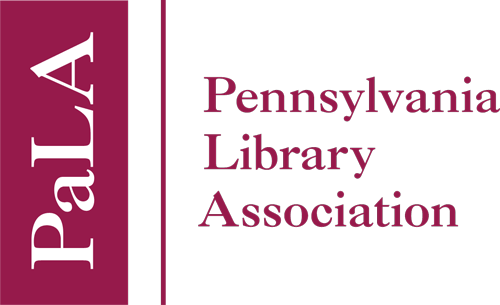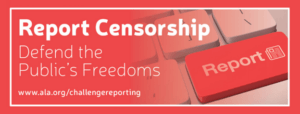Intellectual Freedom Committee Information
The purpose of the Intellectual Freedom Committee as authorized by the Board of Directors
of the Pennsylvania Library Association is
- To advocate freedom of selection of materials for libraries of all types and sizes.
- To oppose any infringement of intellectual freedom upon libraries; infringement of intellectual freedom exercised against other communications agencies may also be opposed by the committee and support given to the agency under fire.
- The Intellectual Freedom Committee shall exist as a reaffirmation of the Association's commitment to the Freedom to Read Statement and to the Library Bill of Rights concerning "basic policies which should govern the services of all libraries," and the "Program of Action in Support of the Library Bill of Rights" adopted by the Office for Intellectual Freedom and the Intellectual Freedom Committee of the American Library Association and approved by the ALA Council.
- The association shall establish and maintain at the state and chapter levels an active network of librarians who are concerned with the integrity of the Library Bill of Rights.
What is Intellectual Freedom
Intellectual Freedom has never been officially defined by the American Library Association (ALA), but it generally refers to the right of every individual to both seek and receive information from all points of view without restriction. This definition provides patrons the freedom to read, and is supported by the First Amendment of the US Constitution. Library workers should make Intellectual Freedom a priority and provide the core documents for your staff to review.

